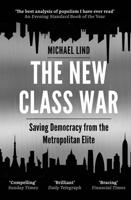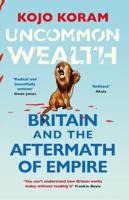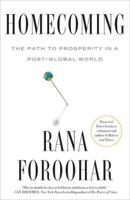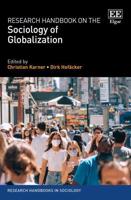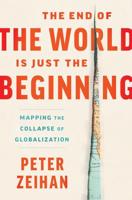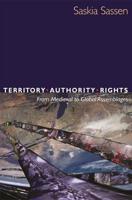Publisher's Synopsis
Globalisation as a process has been effecting human civilisations since the beginning of documented history. Where this process has brought us and where it is leading our policies, our security, and our future largely depends on the decisions that states take today. This publication also emphasises that for globalisation to benefit humanity, the three major cultures of the world (Eastern cultures, Arab-Islamic cultures, and Western cultures), along with others, have to unite and uphold the world together (represented diagrammatically on the front cover) and not separately from one another. Three diagnostic tools provide the means for measuring the impact of globalisation from a number of perspectives and outline what we can expect for the future of the international system. The proposed timeline of globalisation is very comprehensive and provides unique historical insights that are not focused only on events in Western civilisations. The reader will be surprised at their relevance to today's world events and their depth. In defining globalisation, the authors provide an innovative and inclusive yet simple new definition of globalisation which states that : "Globalisation is a process that encompasses the causes, course, and consequences of transnational and transcultural integration of human and non-human activities." The authors also provide the basis for careful analysis and conceptualisation through the use of an innovative globalisation matrix designed to predict patterns and policy as states handle the effects of this process as well as matrices for security and stability. This book provides an evolutionary and encyclopaedic reference to this vital concept and should provide a cornerstone for any further study when assessing the impact of globalisation on our historical, modern, and future world.

